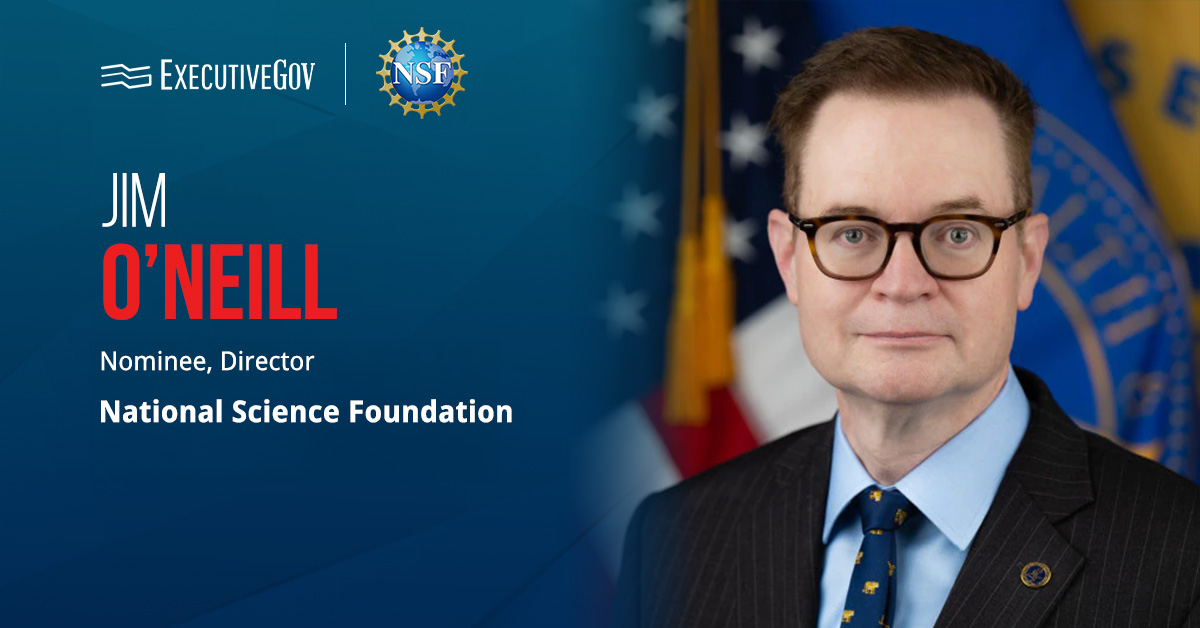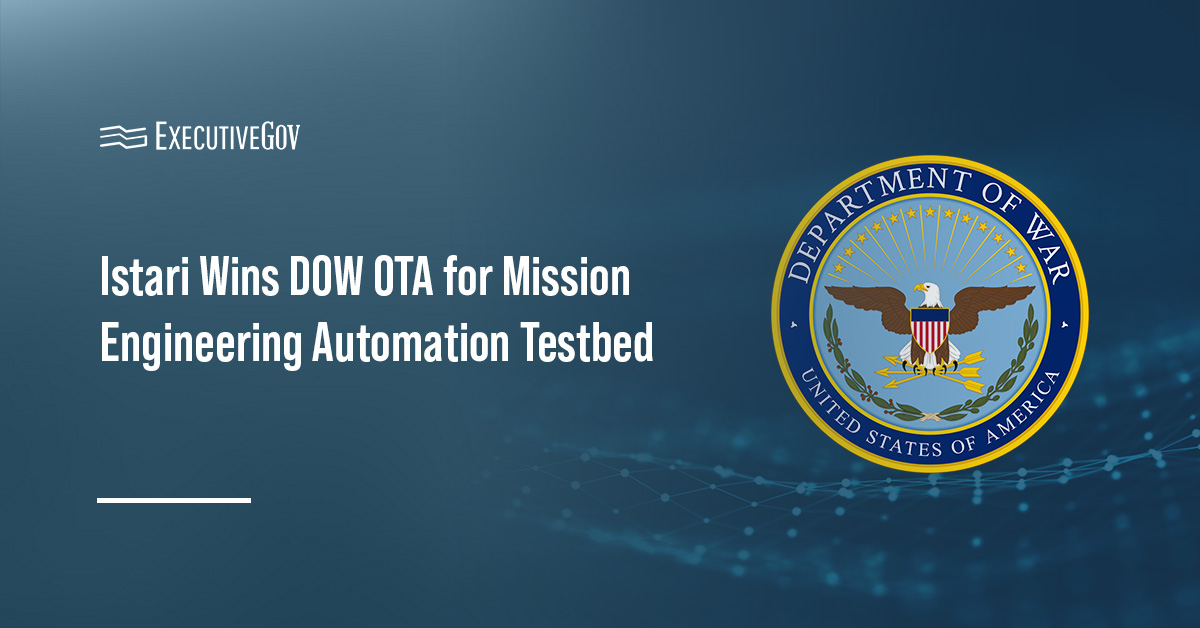
House lawmakers have passed a pair of bipartisan bills that aim to sustain the country’s space technology development and exploration efforts.
The House Committee on Science, Space and Technology said Wednesday the American Leadership in Space Technology and Advanced Rocketry Act would designate Marshall Space Flight Center as NASA‘s primary hub to develop rocket propulsion systems.
The Commercial Space Support Vehicle Act would update the Transportation Department‘s process for licensing commercial space support vehicles.
“It is vital we continue to support NASA and our commercial space sector so that we maintain a vibrant space program to inspire generations to come,” said Committee Chairman Rep. Lamar Smith, R-Texas.
Reps. Mo Brooks, R-Ala., and Bill Posey, R-Fla., respectively introduced the ALSTAR Act and Commercial Space Support Vehicle Act in Congress.





